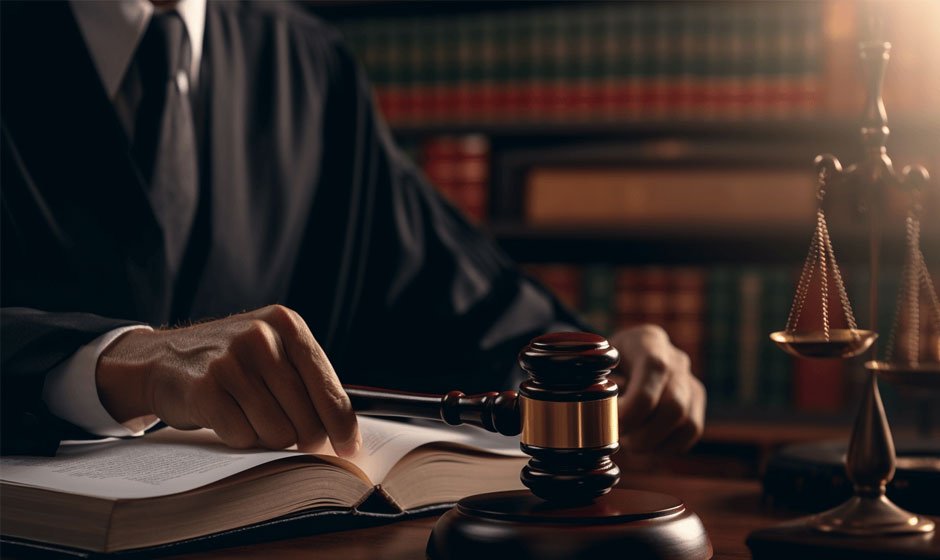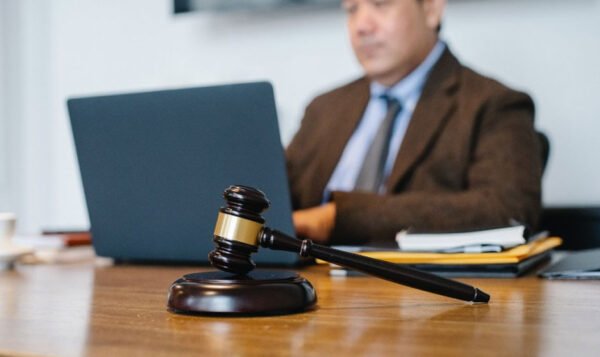The Crucial Role of Legal Counsel in Canadian Criminal Cases

Access to legal counsel is fundamental in Canada’s justice system, as enshrined in the Charter, ensuring fair trials and justice through attorney representation at all judicial phases.
Ensuring Fair Representation
In Canada, a criminal defense lawyer has the main duty to give capable and efficient representation for their clients. Beginning from the first arrest until trial and punishment, defenders of accused persons fight for their clients’ benefits, question proofs and guarantee that the rights of these people are maintained throughout legal procedures.
Navigating Legal Complexity
Criminal law in Canada can be seen as a very complicated system, with a large amount of legislation, case law and procedural rules that shape how criminal trials are handled. Legal advice is important to help defendants understand their rights, explain the charges they face and assist them in dealing with complex aspects of law. Defense lawyers use their knowledge to guide those who are accused through making choices based on information and dealing with intricacies in cases.
Protecting Constitutional Rights
Individuals who are accused of crimes in Canada have many rights that are protected by the Canadian Charter of Rights and Freedoms. These include the right to be seen as innocent until proven guilty, the right to a fair trial, and also the right for them not to say anything that could incriminate themselves. When someone is charged with a crime, their criminal lawyer works very importantly to secure these constitutional protections. They make sure that law enforcement officials and prosecutors follow due process rules while respecting all those involved legal privileges during criminal proceedings.
Challenging Evidence
In lots of criminal cases, the prosecution uses proof that law agencies collect to show the accused person’s guilt with no reasonable doubt. Lawyers for defense carefully examine this proof, question its capability to be accepted as valid evidence and cross-examine witnesses in order to weaken what has been presented by the other side of the case. By questioning the trustworthiness or believability of evidence, defense lawyers aim at making it possible for judges or juries to have reasonable uncertainty about a defendant’s guilt.
Negotiating Plea Bargains
Defendants, in some situations, enter into plea bargains with prosecutors to escape the unpredictability and dangers linked to trial. Lawyers who defend the accused negotiate with prosecution for their clients, hunting for advantageous plea deals that might lead to lesser charges or concessions in sentencing. Although beneficial at times, defense lawyers need to guarantee their clients comprehend completely what any plea agreement entails before moving forward.
Presenting a Defense
In criminal trials, defense lawyers use their skills to put forward arguments and evidence that question the prosecution’s case while emphasizing on the innocence of their clients. They can bring in witnesses, expert testimonies as well as legal reasoning with an aim to convince judges or juries about the innocence of their clients or create uncertainty regarding the prosecution’s case. Active court advocacy is a foundation for defense representation, where capable lawyers apply this skill in order to protect and fight for their clients’ welfare.
Mitigating Sentencing
When a defendant is found guilty of a crime, defense lawyers argue for leniency in the sentencing portion of the trial. They present factors that could lessen the punishment, like showing how sorry their client is or cooperating with authorities, to convince judges to give less severe penalties. Defense lawyers try to get fair and matching sentences for their clients by making a strong case about why they should be lenient.
Appealing Convictions
In situations when the accused are found guilty of crimes, defense lawyers may go after appeals in superior courts to question the judgment or punishment. This process is complicated and requires legal arguments along with procedural needs. Skilled lawyers for appeals work hard to find mistakes or unfairness in lower court actions and look for solutions on their client’s behalf. Appeals have an essential function in fixing wrongs caused by law and keeping the honesty of the legal system intact.
Within Canada’s criminal justice system, legal counsel stands as an important protector of the rights of defendants and ensures they are treated fairly under law. They give guidance and representation, question evidence and request for leniency; these actions by defense lawyers have many sides in safeguarding the interests of their clients and maintaining justice principles. In each criminal case, it is very crucial that there be involvement from skilled and committed legal counsel to guarantee a fair trial for the defendant and fair settling of their cases.



